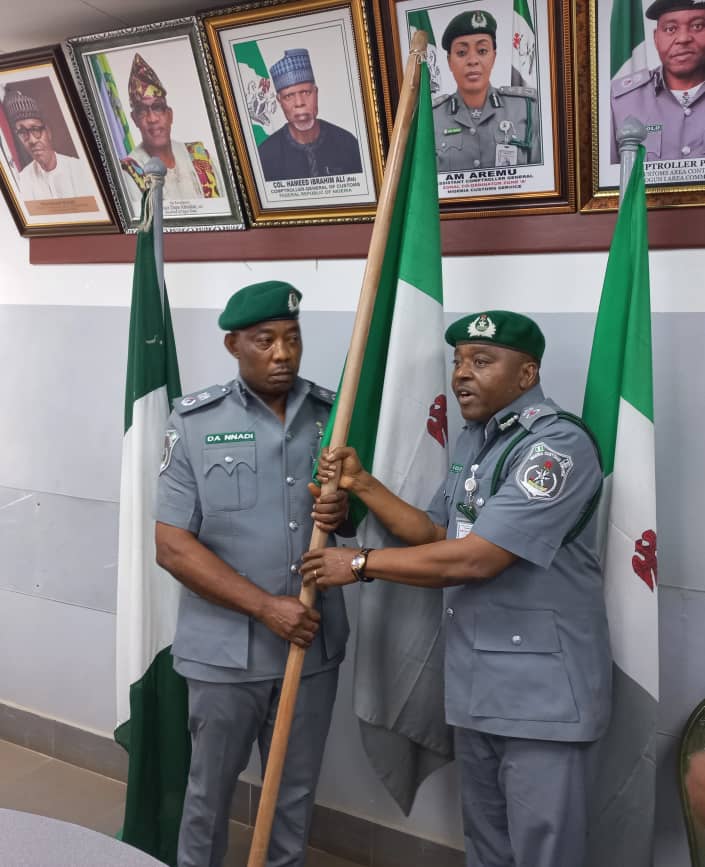Types Of Transportation

A FEW DEFINITIONS OF TRANSPORTATION
- Omni-modal: Used with terms that use all modes of transportation (truck, airplane, vessel, train…)
- Marine-restricted: Terms that only apply to carriage by vessel
- Shipment Contract: sales/purchase contract where the seller’s responsibility ends when goods are handed over to the first carrier
- Arrival Contract: sales/purchase contract where seller’s responsibility ends when goods have arrived at agreed place
PACKAGING DEFINITIONS
- The packaging of the goods to comply with any requirements under the contract of sale.
- The packaging of goods so that they are fit for transportation.
- The stowage of the packaged goods within a container or other means of transport.
Only Definition 1 & 2 are addressed in Incoterms® 2010. Definition 3 must be addressed within the contract between the parties.
WHAT QUESTIONS TO ASK?
- Who furnishes the goods?
- Who packages the goods in a manner suitable for shipment (export)?
- Who moves the goods from the seller’s factory to a port, airport, or border crossing in the seller’s country?
- Who arranges for export clearance in the seller’s country (if applicable)?
- Who arranges for main carriage (international transportation) from the departure port to the arrival port?
- Who pays for main carriage?
- Who insures the shipment?
- Who arranges for import clearance?
- Who pays import duties?
- Who pays for on-carriage from the arrival port to the delivery destination?
- Who arranges and pays for country-specific documentation (e.g., consular invoices, inspection reports, licenses)?
WHAT DO INCOTERMS® 2010 DO?
- Divides up tasks, responsibilities, costs and risks to deliver goods from seller to buyer
– If used correctly, no duplication of effort between seller & buyer
– Acts as signposts for who needs to have additional contracts (i.e., with vessel steamship line, inland trucking company, etc.) to complete transaction
– If something goes wrong, clearly defines responsibilities based on where the goods were in the transportation chain of delivery
- Address “String sales”
– Shipments where ownership changes in transit
- Address Cargo Security concerns
– Authorized Economic Operator (AEO), Customs-Trade Partnership Against Terrorism
(C-TPAT), Importer Security Filing (ISF 10+2)
- Defines mode of transportation by their use
– 4 Terms are for Marine-Restricted for sea & inland waterway transport only
– 7 Terms are Omni-modal for use with all modes of transportation
- Increasingly considered replacement for Uniform Commercial Code (UCC) shipment/delivery terms.
- Automatically Apply
- Determine When Ownership Changes
– When delivery occurs or when payment happens can impact when ownership changes
– Must be addressed specifically in contract
- Under US Law, it is when the product is delivered
- If jurisdiction is under another sovereign nation law, you need to address per that country regulation
- If contract is subject to the United Nations Convention on Contracts for the International Sale of Goods (CSIG) the law does not specify if it is not addressed specifically within the contract
– Identify when Revenue is Recognized
– Under GAAP and Securities & Exchange Commission (SEC) Rules 1) ownership must pass prior to recognizing revenue and 2) delivery must occur
- If not specifically addressed in contract, look to applicable contract law
WHAT INCOTERMS® 2010 DO NOT DO…
- Automatically Apply
- Determine When Ownership Changes
– When delivery occurs or when payment happens can impact when ownership changes
– Must be addressed specifically in contract
- Under US Law, it is when the product is delivered
- If jurisdiction is under another sovereign nation law, you need to address per that country regulation
- If contract is subject to the United Nations Convention on Contracts for the International Sale of Goods (CSIG) the law does not specify if it is not addressed specifically within the contract
- Identify when Revenue is Recognized
– Under GAAP and Securities & Exchange Commission (SEC) Rules 1) ownership must pass prior to recognizing revenue and 2) delivery must occur
- If not specifically addressed in contract, look to applicable contract law
- Identify if a Breach of Contract occurs, when it happened
– Does not determine remedies for breach of contract
- Provide relief from obligations/exemptions from liability in unexpected or unforeseeable situations
- Address Payment issues
– Tells you that the buyer must pay, but not when or where
- Address more than one contract
– Drop Shipments are TWO Contracts
1) Between the seller and their supplier and
2) Between the seller and the buyer
– Incoterms® 2010 could be the same or different in each contract
- Specifically task a party with container stowage obligations







